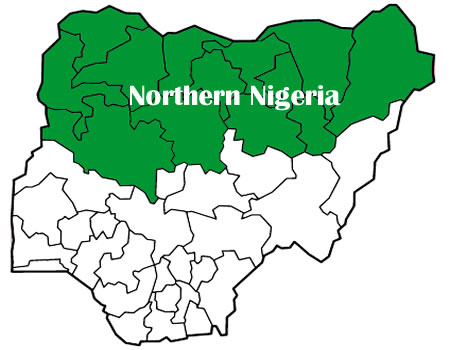However, current developments, notably in the North-Western States of Kano and Kaduna, are disturbing signals that must be addressed as soon as possible. For instance, followers of the incumbent governor of Kano State, Dr. Umar Ganduje are allegedly beating the drums of battle against a former governor of the state, Senator Rabiu Musa Kwankwaso. The supporters might have forgotten that Ganduje had extolled and glorified Kwankwaso as the great moulder of his life in several recorded events wherein he admittedly called him his benefactor. He even credited most of his achievements to the senator. The only thing he didn’t say or attribute to him was to call him god. As I write, the relationship has gone terribly sour.
For whatever motives, recently, Senator Kwankwaso who was once Defence Minister was barred from travelling to Kano, the state he had served for good eight years. He was invariably denied his right to relate and feel the pulse of his constituency. Surprisingly, days afterwards, well-armed political bandits were out publicly brandishing their weapons at a political rally allegedly organised by those loyal to the government. Guess what? Women and youths were involved in the embarrassing and disgraceful outing, wielding all sorts of weapons like cutlass, cudgels and swords. Away from Kano, the theatrics of power are also unfolding in Kaduna among the seating governor, Mallam Nasir El-Rufai and two senators, Suleiman Hunkuyi and Shehu Sani, representing Kaduna North and Kaduna Central, respectively. The political drama mirrors a dangerous escalation of violence in the state. The governor seems to believe that his authority cannot be questioned by anyone.
It is indeed a war of political superiority among the trio. A recent case is the suspension of El-Rufai from APC by the Hunkuyi led faction. In a show of force and vengeance, El-Rufai ordered the secretariat of the faction to be bulldozed. The building had been owned and maintained by Hunkuyi for more than two decades. On the flimsy excuse of default in payment of ground rent for seven years, the governor demolished the structure.
These two scenarios in Kano and Kaduna are clear examples of violence-inclined hirelings deployed to wreak havoc on political enemies. These practices must be curtailed now before the 2019 elections. From history, it is “yan akusa” that has now transfigured to what we now call “yan daba” or “banga” in Kano. In the First Republic, they were used by the Northern Peoples’ Congress (NPC) to check the winning streak of Northern Elements Progressive Union (NEPU). And today, it has spread to other states, the same reason that saw the beginning of yan akusa in Kano could be said to be the reason why the sara-suka groups were formed for instance in Bauchi, or Kalare in Gombe.
Though, unlike yan akusa, sara suka in Bauchi were allegedly formed to counter a sitting governor’s use of government machinery to stop a candidate from contesting for the post of governor. The story is the same in Borno state. Some groups in Borno were allegedly formed by the supporters of a candidate to counter the incumbent governor’s opposition to his bid for the governorship of the state. The activities of the Kalare groups in Gombe became manifest when the opposition PDP wanted to wrest power from the incumbent ANPP in 2003. In fact, it was a tug of war between the two groups in 2003/07.
To secure or protect their political and economic interests, politicians engage in recruiting, training and empowering thugs to harass, intimidate and victimise their opponents or any other person who go against their opinion. And of course, the youths are the ones easily deployed to carry out these “assignments”. These developments are threats, and my fear is that a problem somewhere can become a problem anywhere or everywhere.
- Alabidun, a youth corps member with PRNigeria, writes in from Abuja






